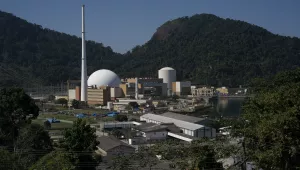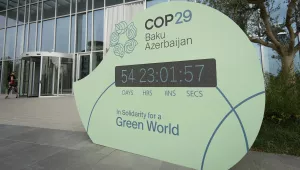Introduction
China’s oil demand is likely to continue increasing in the next two decades, mainly driven by its rapidly growing vehicle fleet, particularly, personal cars. Developing a less oil-dependent transport system is critical in reducing China’s thirst for foreign oil and in improving air quality in the country’s hazy cities. A range of policy options and strategies can be utilized to encourage cleaner vehicle technologies and fuels. Compulsory fuel economy standards are essential to push automobile manufacturers to provide efficient vehicles. Moreover, fiscal policies such as fuel economy vehicle fees and high fuel taxes could encourage Chinese consumers to purchase efficient vehicles and drive less. From the fuel supply perspective, biofuels and coal-to-liquids could help mitigate China’s concern for its oil security in the interim. Most importantly, less energy and land-intensive travel options must be provided as alternatives to personal cars to meet the increasing mobility demand in China’s ongoing urbanization process. Because China and the United States have high demands for imported oil and face similar risks from high oil prices, they both should take responsibility in stabilizing the international oil price. These two largest oil-consuming countries could help to enhance their energy security and control their petroleum hunger by communicating and cooperating with each other in developing and demonstrating clean and efficient vehicle technologies, substituting oil-based fuels with alternative fuels, and promoting integrated urban planning with an emphasis on maximizing overall transportation energy efficiency.
Oliver, Hongyan. “Reducing China's Thirst for Foreign Oil: Moving Towards a Less Oil-Dependent Road Transport System.” China Environment Series, 2006
The full text of this publication is available via China Environment Series.





